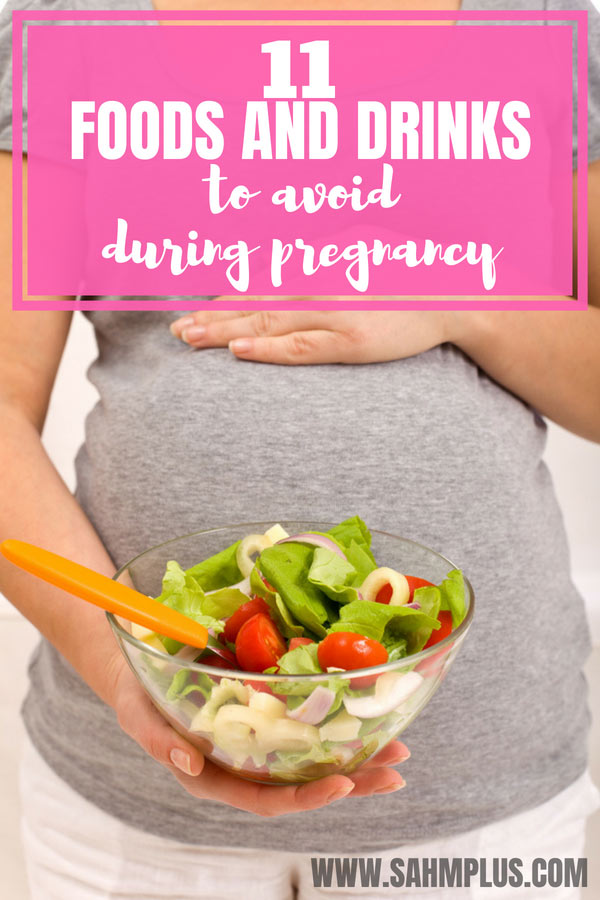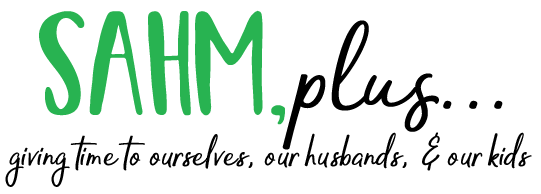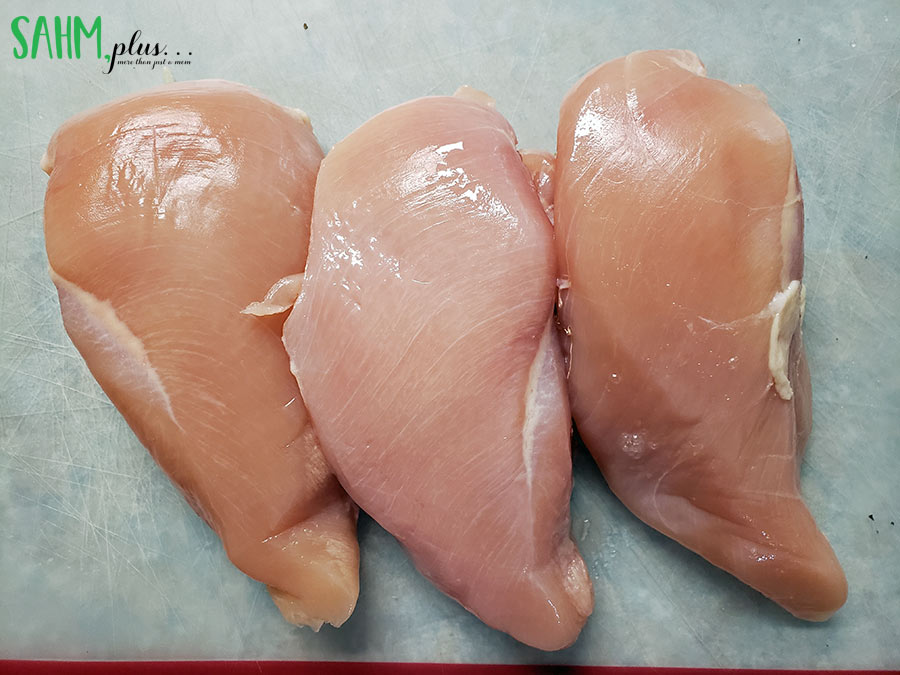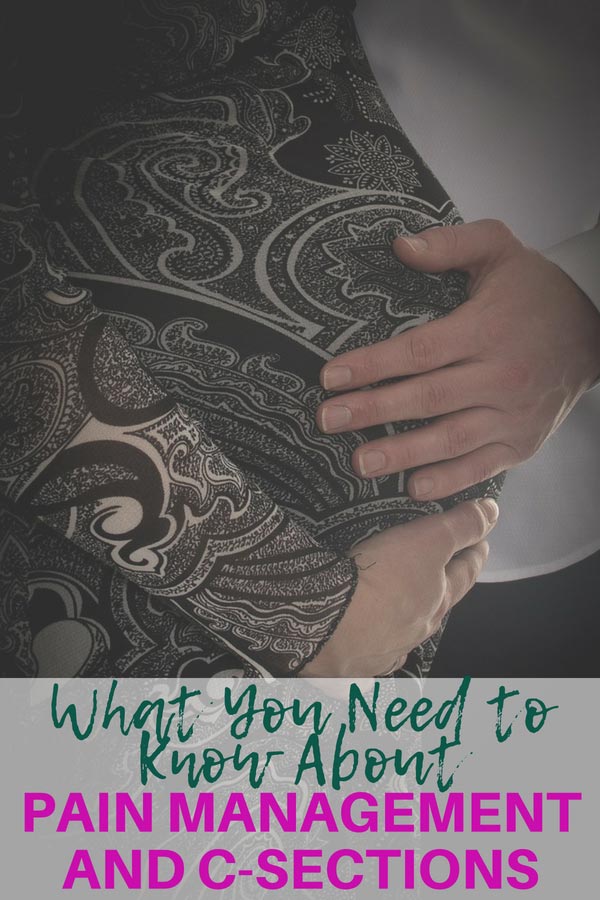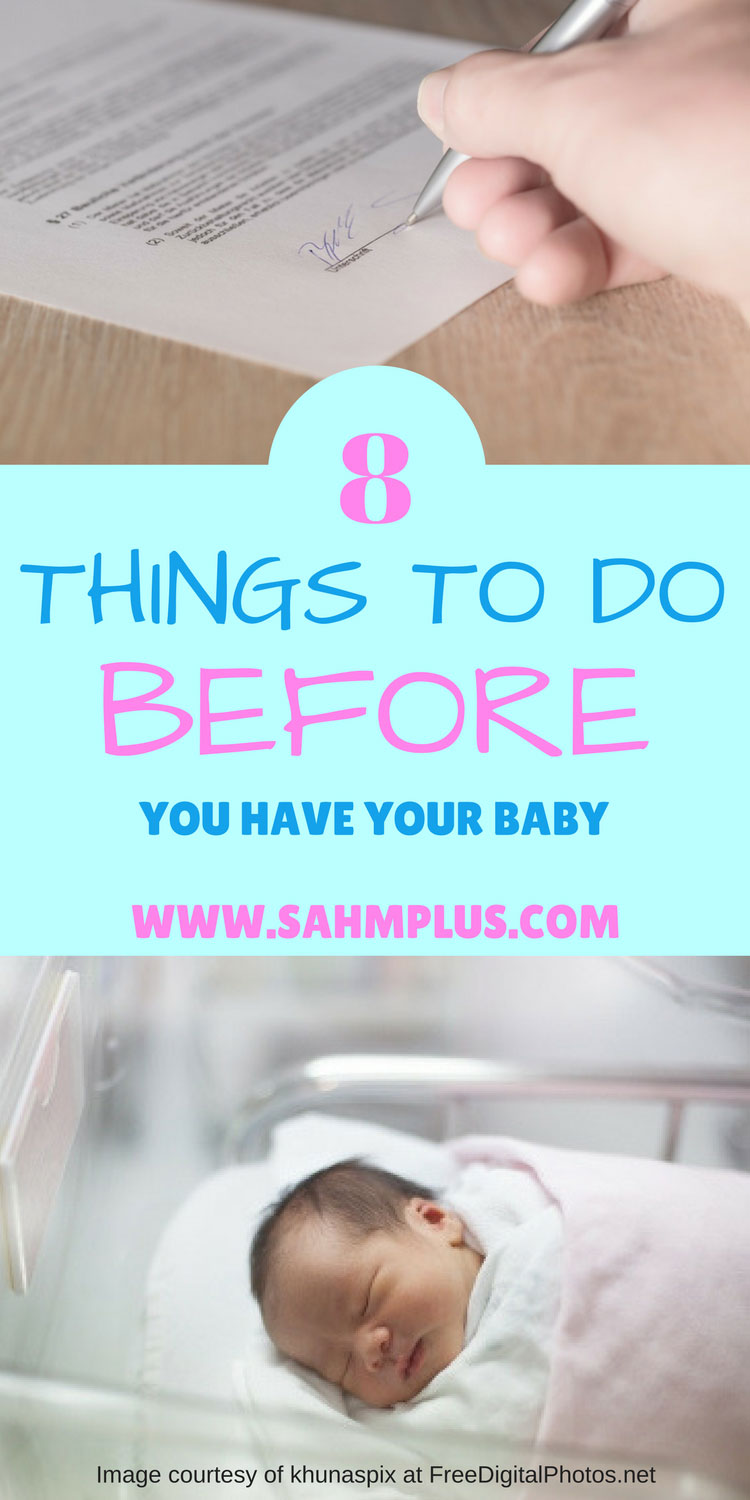This is a guest post. The author shares 11 foods and beverages to avoid during pregnancy.
Pregnancy is perhaps one of the most important stages of a woman’s life. Therefore, it is of high importance to be careful and cautious about what the mother is consuming on a daily basis.
Although many food and beverages we are told to avoid are purpley tales, there are still a number of food groups you should pay extra attention to in order to help you and the baby to stay healthy.
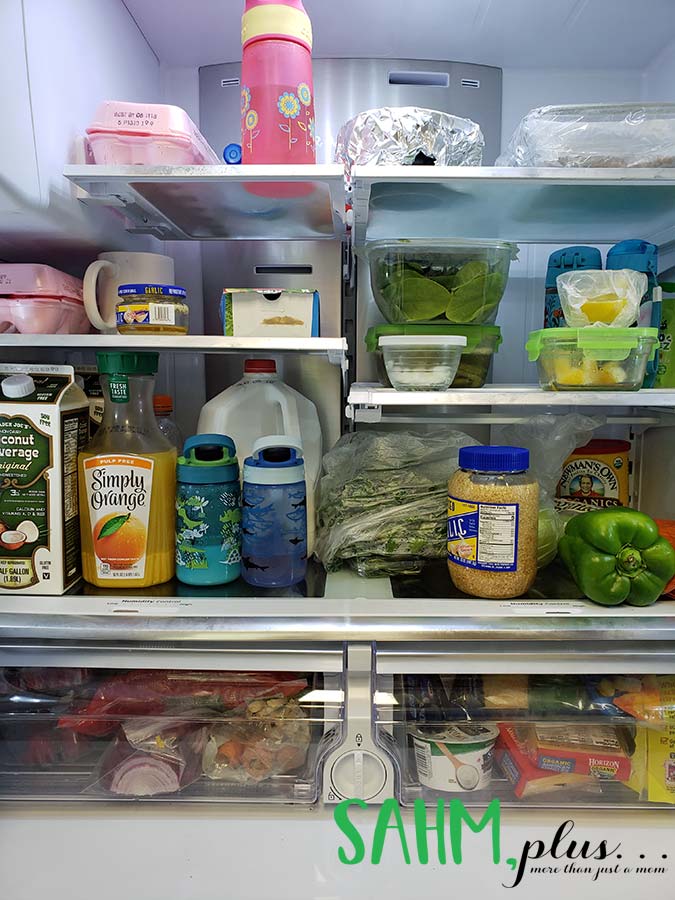
Therefore, Ritely has shared 11 foods and beverages to avoid during pregnancy:
11 Foods and Beverages to Avoid During Pregnancy
1. Undercooked or Raw Meat
Toxoplasmosis, salmonella and listeria are just a few examples of the bacteria and parasites which you could be at risk of catching when consuming undercooked or raw meat. These bacteria’s could lead to the stillbirth of your baby, or could cause neurological damage such as mental retardation, epilepsy and blindness.
Although many would assume the bacteria is found on the surface of various meats, the bacteria may also lay inside muscle fibers. Therefore, it is vital to ensure any meat you are about to consume is well cooked. Examples of raw meat to be cautious around include sausages, minced meat, Parma ham, pepperoni and salami.
2. Raw Eggs
Raw eggs are just one example of a food that may cause salmonella, a form of food poisoning that has the potential to not only make you very unwell, but to also harm your baby. Symptoms can include vomiting, diarrhea and stomach cramps. And in more severe cases, salmonella may cause cramps in the uterus which could lead to premature birth or stillbirth.
Therefore, when wanting your morning fry up, ensure the eggs are cooked until you are sure the yolks and whites are solid all the way through. And, it is generally best to avoid any meals that have raw eggs as an ingredient. Examples of these include poached eggs, scrambled eggs, salad dressings, cake icing and hollandaise sauce.
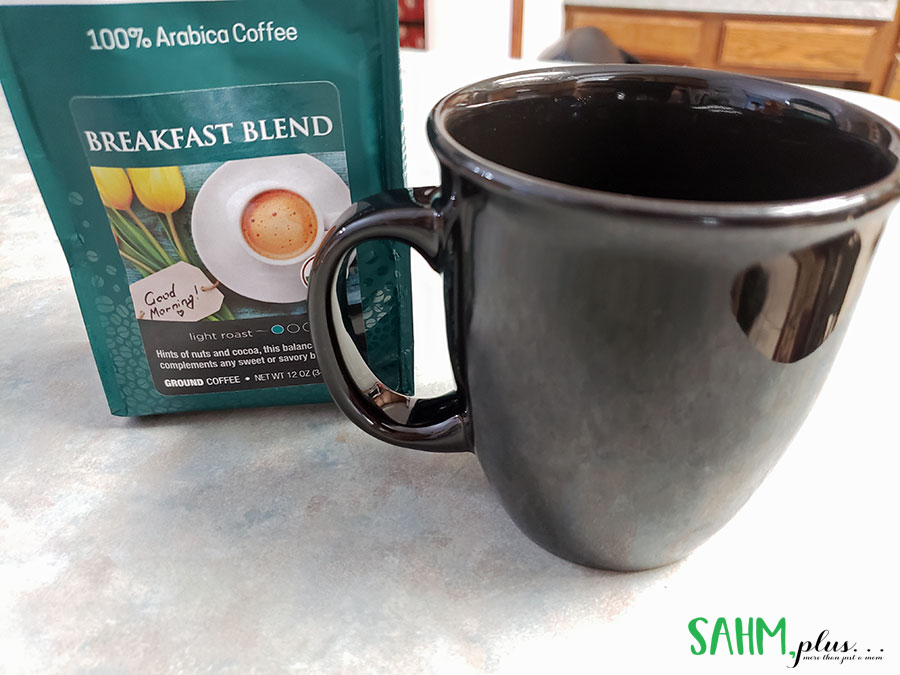
3. Caffeine
Although many of us believe we can’t live without our morning daily caffeine fix. It is vital to be cautious about how much you consume each day when pregnant. This is as studies shows that drinking a large amount of caffeine when pregnant can be linked to low birth weight and potential miscarriages. Therefore, to ensure a healthy pregnancy, if necessary limit your caffeine intake to no more than 200mg a day, similar to 2-3 cups of coffee.
And by caffeine we aren’t just talking coffee. Popular snacks such as chocolate and cola also include caffeine. In fact, a plain chocolate bar could have around 50mg of caffeine. As compared to a can of cola which will contain around 40mg.
These simple statistics show you just how quickly you can reach that limit if you’re not careful.
4. Alcohol
Consuming alcohol during pregnancy is a topic that sees many opinions. Some say to avoid alcohol at all costs during the whole pregnancy. Others say that drinking a few units a week is acceptable and won’t result in any unwanted consequences.
However, medical scientists believe that alcohol can be passed down from mother to baby. Although there is ongoing research into the exact damage this is likely to cause, experts are not certain to determine the exact amount of alcohol is safe to consume. Therefore, the advice is to avoid consuming alcohol at all costs during pregnancy.
5. Fruit and Vegetables
Unwashed or unpeeled fruits and vegetables should be avoided during each stage of pregnancy. This is as they could easily be contaminated with a number of different bacteria and parasites. The contamination of which can happen at any point during production, harvesting, storage and retail.
If the bacteria are present, it can be harmful to you and your baby. Especially if it is Toxoplasma. Many people who have Toxoplasmosis don’t even realize as they show no symptoms, whereas others may feel like they have the flu or worse. Although this will eventually pass for the mother, Toxoplasma may cause intellectual disabilities or blindness in later life.
To avoid coming into contact with this bacteria, it is vital to make sure you are thoroughly peeling, rinsing and cooking all fruits and vegetables.
6. Certain Cheeses
Cheeses should be avoided as when unpastrioused, they may contain listeria which could cause you to feel, or be sick. However, on a more important note, consumption could cause stillbirth or illnesses in the unborn child. The cheese to avoid includes soft cheeses. For instance brie, camembert goat’s cheese and gorgonzola.
However, hard cheese such as cheddar, feta, parmesan and mozzarella are safe. And if you are craving a soft cheese, cheeses such as cottage cheese, Philadelphia and Boursin are safe and could make an acceptable substitute.
7. Ice Cream
Unfortunately, ice cream is another item of food that should also be avoided during pregnancy. This includes any ice cream made with raw eggs. This is because, as mentioned above, consuming raw eggs has the potential of causing salmonella. Most often this type of ice cream will include the more traditional styles of ice cream, not matter what flavour.
Additionally, the soft ice cream available from ice cream vans or the seaside should also be avoided. This is as although the ice cream is safe, the cleanliness of machine is impossible to guarantee, and there is the potential that it may harbour bacteria.
8. Ready Meals
Yes, ready meals are a highly convenient method of getting a tasty meal on your plate with little effort involved. But, it is vital to follow the instructions carefully. Especially where poultry is involved. This is because when ready meals are kept in the fridge, different kinds of bacteria, such as listeria, will be in their element. A ready meal not cooked for the correct amount of time is unlikely to be efficient at eliminating all of the bacteria. Therefore, ensure your food is piping hot before eating.
9. Pâté
Pâté is likely to include the bacteria known as listeria. If not careful, this form of bacteria can cause listeriosis which may harm your baby during pregnancy as well as having the potential to cause severe illness in a newborn baby. Unfortunately, all pâté is off the market, including vegetable pâté, and liver pâté which often contain high levels of vitamin A, something which may be a threat to your baby.
10. Fish
Don’t be alarmed, you don’t need to be avoiding all types of fish in the sea. However, it is advised to limit the amount of high-mercury fish you consume each month. This includes fish such as shark, swordfish, king mackerel and tuna. This is as mercury is an element with high toxicity. When consumed in high amounts it could pose as a threat to your immune system, kidneys and nervous systems. In terms of your baby, it may cause developmental problems. Therefore, try to consumer no more than 1-2 servings of high-mercury fish per month.
However, fish that is low in mercury can be consumed up to two times a week. This is as consuming low mercury fish is healthy during pregnancy. And, fatty fish are likely to be rich in omega-3 fatty acids which are beneficial to your baby.

11. Peanuts
Peanuts only need to be avoided if you, or anyone in your family, have a history of food allergies, severe hay fever or asthma. Even if a peanut allergy is only small, peanuts should still be avoided during pregnancy as otherwise there would be an increase risk of the baby developing a reaction too.
Therefore, if there is no apparent history of allergies in the family peanuts do not need to be avoided. However, many soon-to-be mums continue to avoid them anyway, just to be sure.
Conclusion
Overall, maintaining a high standard of food hygiene is one of the most important parts of pregnancy. Keeping your food preparation area clean, regularly washing your hands before and after coming into contact with food, and keeping pets and young children out of the kitchen are just a few easy ways you can make the process easier.
However, sometimes it’s not always easy to explain where your food has been. Especially when bought from a shop. This, understandably, makes many of us paranoid. Therefore, it may be best to avoid the foods on this list to the best of your abilities to ensure there is no risk put towards you or your baby.
Author Bio:
Alkire Leanna is a North Carolina-based freelance writer and work-from-home for Ritely.com and mother of two. In her 10 years as a professional writer, she’s worked in proposal management, grant writing, and content creation. Personally, she’s passionate about teaching her family how to stay safe, secure and action-ready in the event of a disaster or emergency.
Your turn – do you agree with these foods and beverages to avoid during pregnancy?
PIN ME
